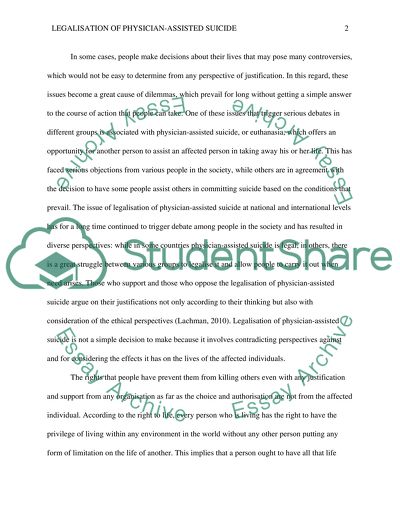Cite this document
(“Should Physician-assisted suicide be legal Essay”, n.d.)
Should Physician-assisted suicide be legal Essay. Retrieved from https://studentshare.org/philosophy/1483411-should-physician-assisted-suicide-be-legal
Should Physician-assisted suicide be legal Essay. Retrieved from https://studentshare.org/philosophy/1483411-should-physician-assisted-suicide-be-legal
(Should Physician-Assisted Suicide Be Legal Essay)
Should Physician-Assisted Suicide Be Legal Essay. https://studentshare.org/philosophy/1483411-should-physician-assisted-suicide-be-legal.
Should Physician-Assisted Suicide Be Legal Essay. https://studentshare.org/philosophy/1483411-should-physician-assisted-suicide-be-legal.
“Should Physician-Assisted Suicide Be Legal Essay”, n.d. https://studentshare.org/philosophy/1483411-should-physician-assisted-suicide-be-legal.


